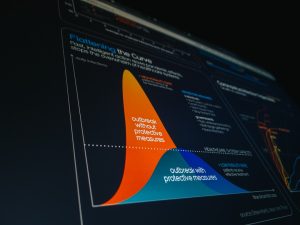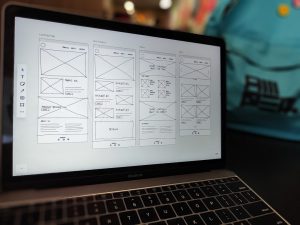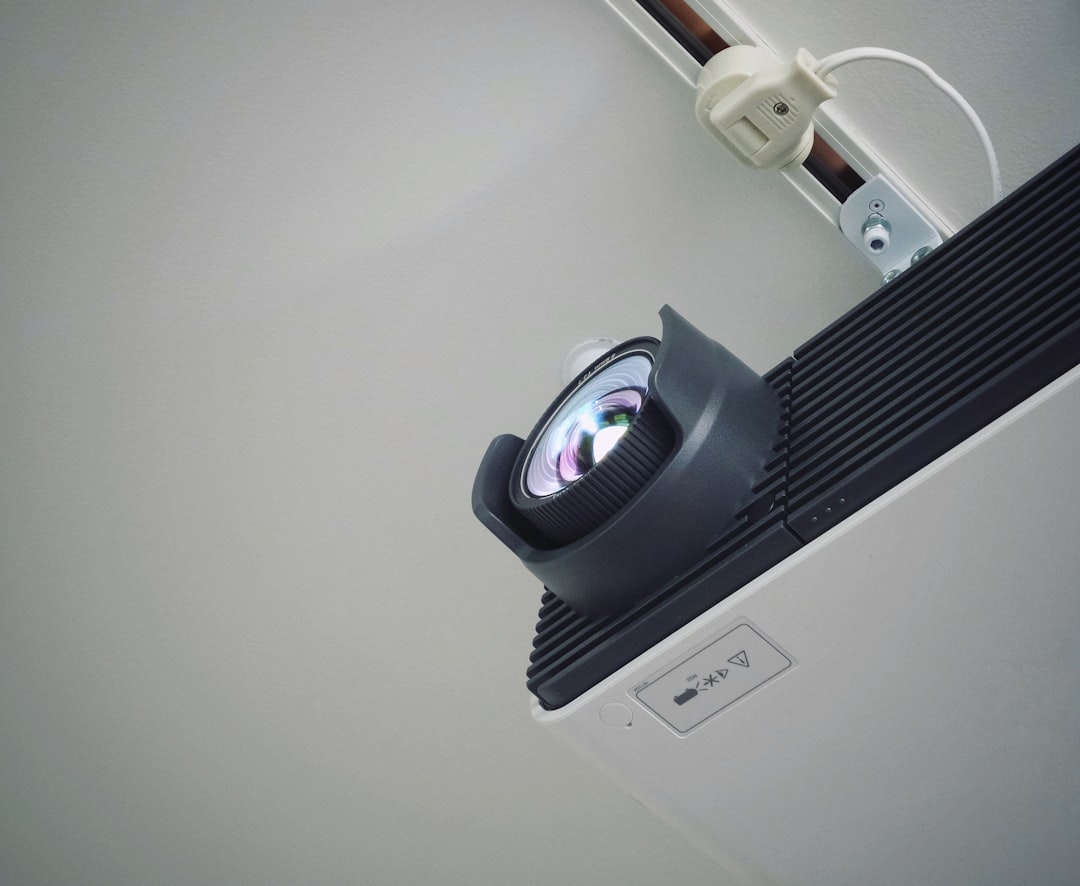
Artificial Intelligence (AI) agents have become a fundamental component of modern robotics, transforming machines from simple tools into complex, adaptive systems capable of decision-making, learning, and autonomous interaction with their environments. These intelligent agents bridge the gap between hardware and real-world functionality, giving robots the cognitive capabilities to navigate and perform tasks in dynamic, unpredictable settings.
At their core, AI agents are software entities that perceive their environment through sensors, process that information, and take actions to achieve specific goals. When integrated into robotic systems, they enable robots to do far more than follow pre-programmed instructions—they can learn from data, adapt to changes, and even collaborate with humans and other machines.
The Core Responsibilities of AI Agents in Robotics
The role of AI agents in robotics can be categorized into several critical areas:
- Perception: AI agents process sensory input, such as images, sounds, or tactile data, to interpret the robot’s environment. Computer vision and natural language processing are common capabilities here.
- Decision-Making: Based on interpreted data, the agent decides the next move. This could be choosing a path, identifying an object to pick, or determining whether to seek human assistance.
- Learning: Through machine learning algorithms, AI agents allow robots to improve their performance over time without human reprogramming. Reinforcement learning, for example, helps robots refine actions based on outcomes.
- Actuation and Execution: Once a decision is made, AI agents convert that into action, sending commands to robotic actuators and ensuring that the task is carried out accurately and efficiently.
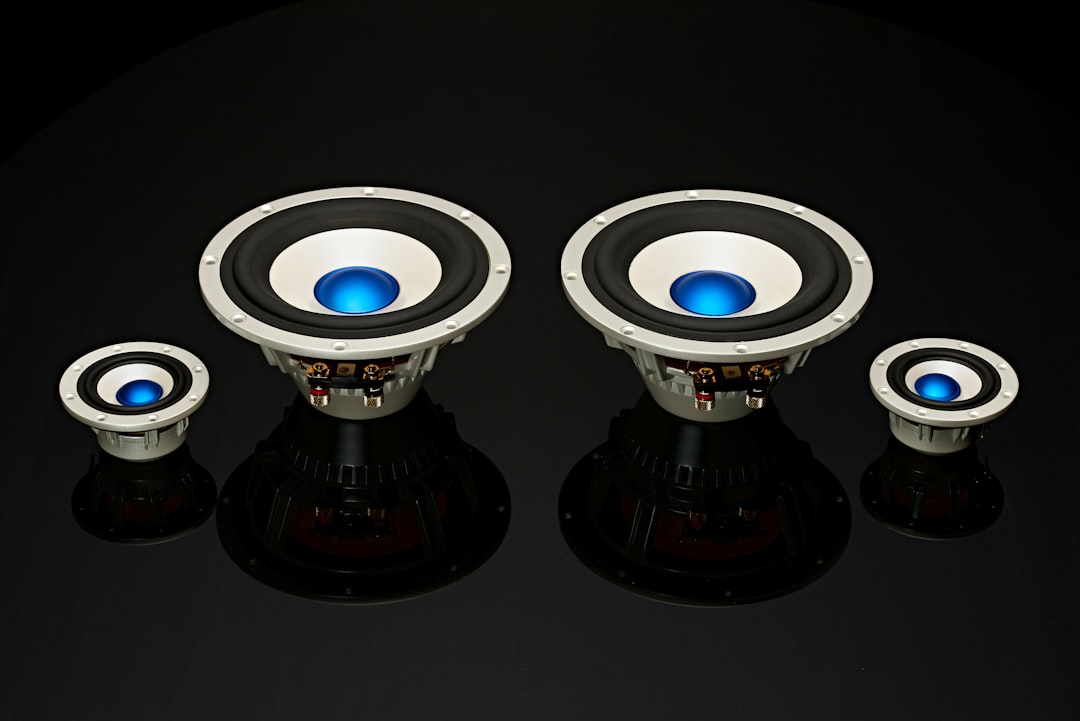
Types of AI Agents in Robotics
Depending on the complexity and autonomy required, different types of AI agents are employed in robotic systems:
- Reactive Agents: These agents respond to stimuli in real time but lack memory or internal models. They are typically used in simple robotic systems like line-following robots.
- Deliberative Agents: These have an internal representation of the world and engage in complex planning and reasoning. They make decisions by simulating future events and choosing the best course of action.
- Hybrid Agents: Combining the speed of reactive agents with the strategic thinking of deliberative agents, hybrid systems offer balanced performance and are widely used in mobile robots and autonomous vehicles.
Real-World Applications of AI-Driven Robotics
AI agents have significantly expanded the capabilities of robots across various industries and environments:
- Healthcare: Robots use AI to assist in surgeries, manage inventory in hospitals, and provide companionship and mobility assistance to the elderly.
- Manufacturing: Industrial robots equipped with AI can identify defects, adjust operations on the fly, and collaborate safely with human workers.
- Autonomous Vehicles: Self-driving cars rely on integrated AI agents to process sensor data, map out surroundings, make driving decisions, and learn from experience.
- Space Exploration: NASA’s Mars rovers use AI to navigate hazardous terrain, collect samples, and send data back to Earth with minimal human input.
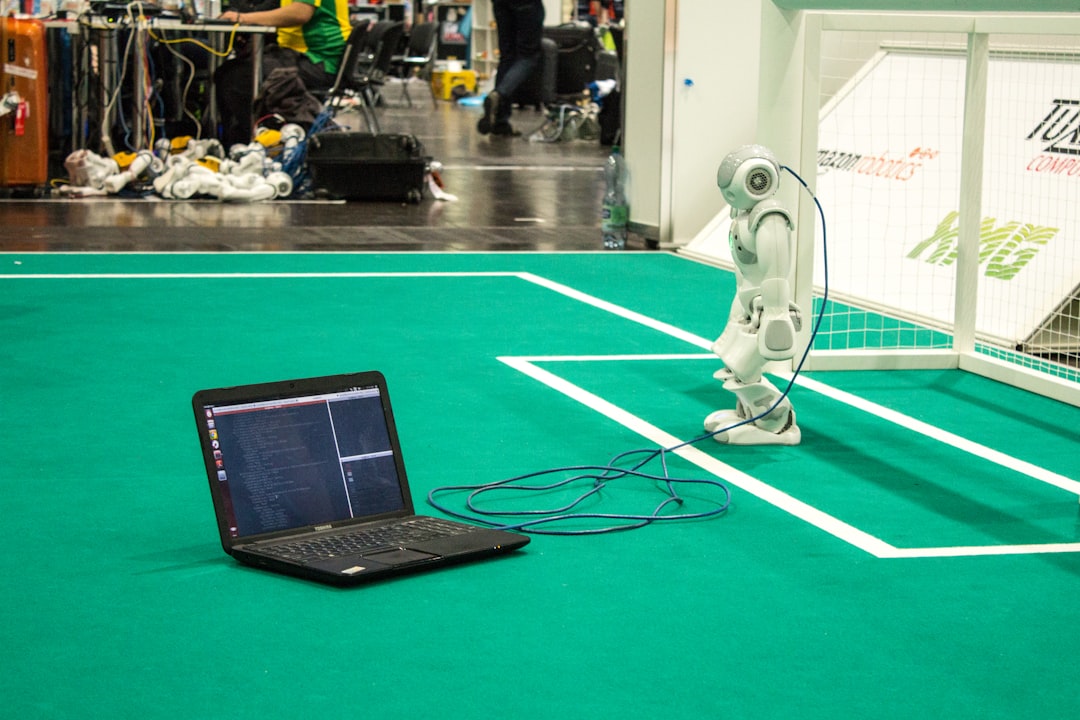
Challenges and Future Outlook
While AI agents have already revolutionized robotics, challenges remain. One primary concern is the ability of AI agents to reliably perform under uncertainty or in novel situations without compromising safety. Ethical questions also emerge around decision-making transparency and responsibility, especially in autonomous scenarios.
Moreover, as robots gain more autonomy, trust becomes a key issue. Human users must be confident not only in the robot’s capabilities but also in its intentions and behavior. Researchers are working on explainable AI systems and safer learning algorithms to address these concerns.
Looking ahead, the future of AI agents in robotics is incredibly promising. With ongoing advancements in neural networks, sensor technology, and edge computing, we can expect to see even more intelligent, responsive, and empathetic robots. From serving as personal assistants to exploring the depths of oceans and the vastness of space, AI-powered robots are set to redefine our human experience.
In conclusion, AI agents play a central role in turning mechanical machines into autonomous partners capable of learning, adapting, and acting with purpose. As technology continues to advance, the fusion of AI and robotics will unlock possibilities limited only by our imagination.



